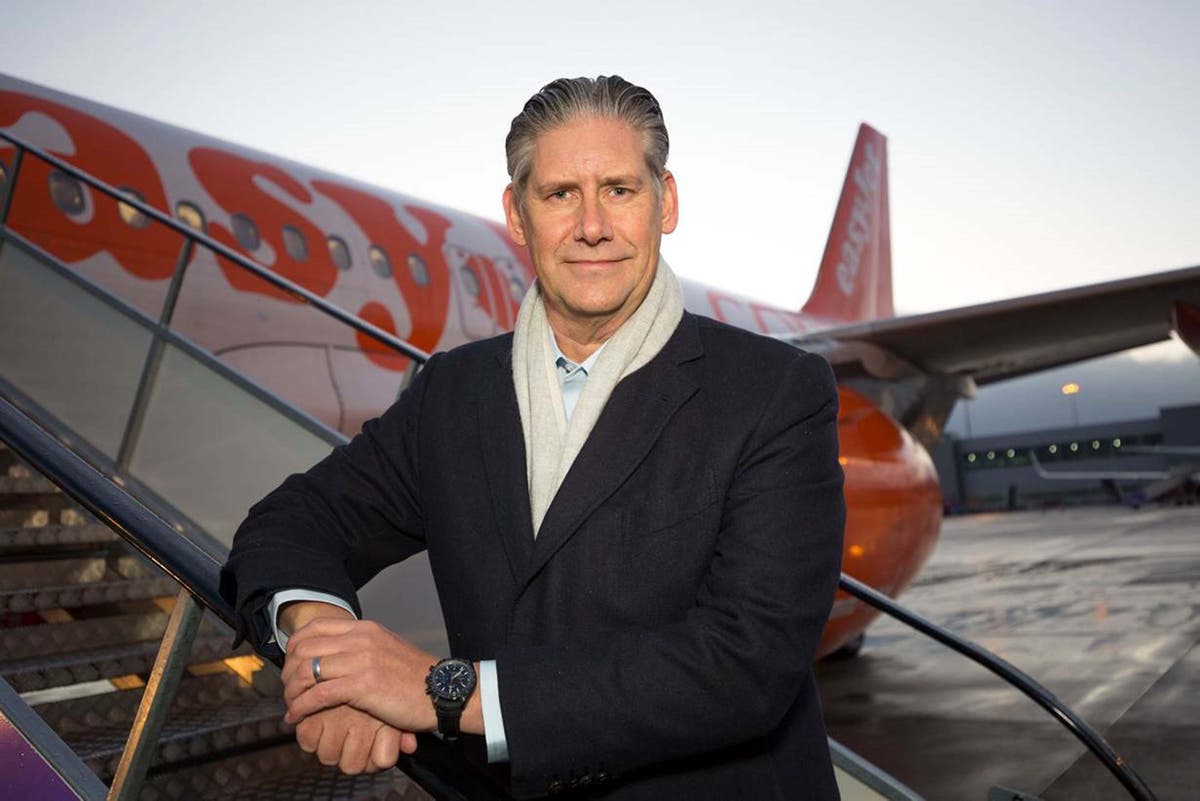This website uses cookies so that we can provide you with the best user experience possible. Cookie information is stored in your browser and performs functions such as recognising you when you return to our website and helping our team to understand which sections of the website you find most interesting and useful.

Britain’s biggest budget airline, easyJet, said it made a “record bounce back” in profitability in the summer, making more than £6m a day in profit between July and September. In a trading update, the Luton-based carrier said its summer performance was in line with the same spell in 2019, before the coronavirus pandemic.
Higher fares meant profitability was maintained with 12 per cent fewer passengers than in 2019.
But easyJet spent £75m on “incremental disruption costs” due to thousands of flight cancellations – many of them at short notice due to shortage of staff.
It said its performance was hit by “Omicron, war in Ukraine and the industry-wide issues experienced this summer”. But the airline said on-the-day cancellations dropped sharply from the beginning of July.
The headline profit figure for the peak summer months was around £675m, but across the year from October 2021 to September 2022 easyJet lost around £180m. Significant Covid restrictions were in place for British travellers until mid-March 2022.
The chief executive, Johan Lundgren, said: “EasyJet achieved a record bounce back this summer. Customer satisfaction indicators also exceeded pre-pandemic levels over the peak summer.”
UK airlines are particularly vulnerable when the pound is weak as many of their costs are in US dollars. But easyJet has strong “hedging” positions that will limit the impact of sinking sterling in the short term.
Mr Lundgren said: “We face the uncertain macro-economic environment with many strengths through our brand, network and business model which enable us to provide low fares to millions despite the rising cost of living.”
The load factor (proportion of seats sold) during the summer was 92 per cent.
Between October 2022 and the end of the year, easyJet plans to fly one-sixth fewer seats than during the same spell in 2019 – though with capacity during the peak travel periods, such as October half term and Christmas week, back to pre-pandemic levels.
Separately, Ryanair said it had reached an agreement with the Unite union for UK cabin crew “which delivers accelerated pay restoration, upfront and annual pay increases”.



 Africana55 Radio
Africana55 Radio 
